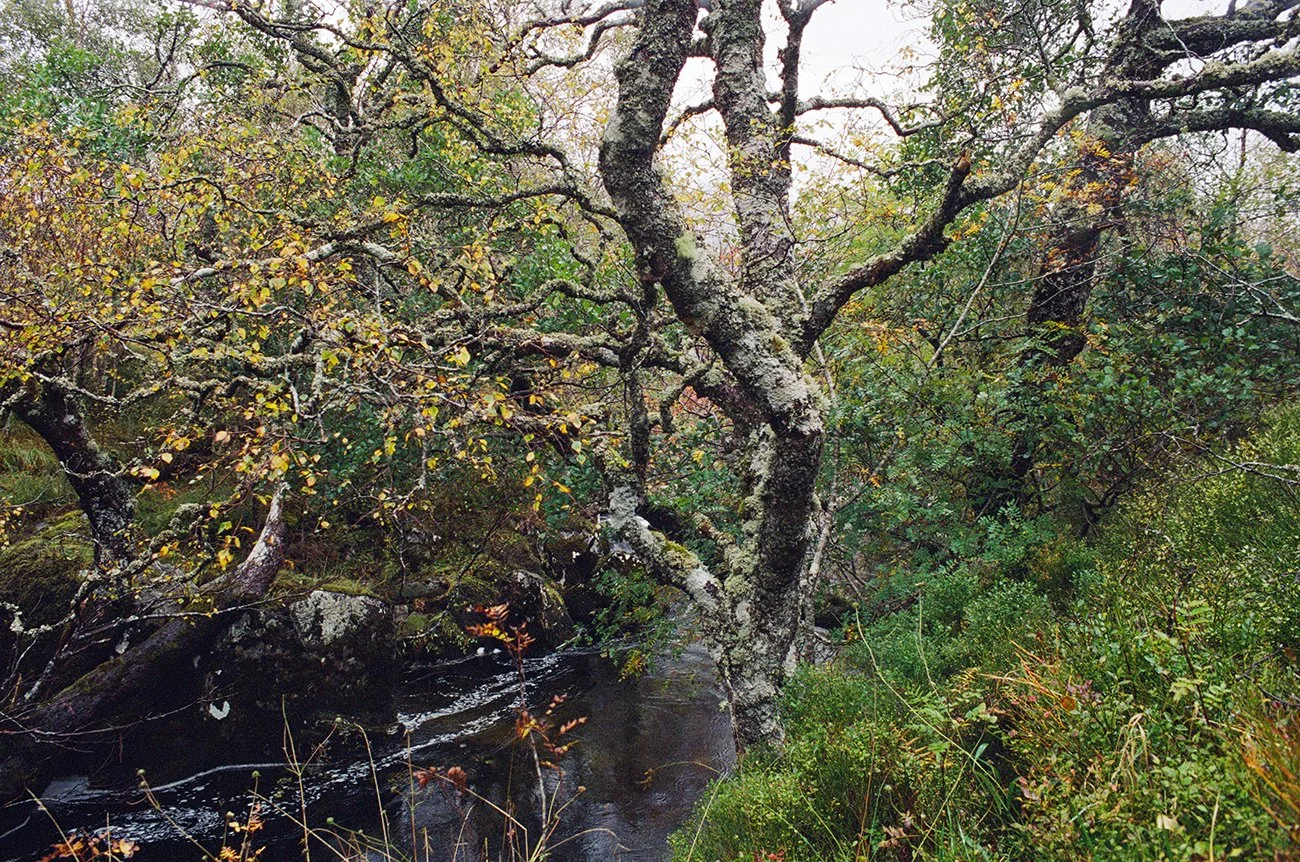Why We Need a Regenerative Approach
Photo by Niels Devisscher. Allt na Criche stream near Glenn Affric in Autumn, inside an enclosure to prevent deer overgrazing of tree saplings.
The world has changed profoundly in the last decades. New technologies have created rapid disruption, transforming how we work, lead, and relate to each other at an unprecedented speed. The natural ecosystems that we all rely on, the foundations of all life on this planet, are being pushed to breaking point, setting off a cascade of life-shattering consequences.
Pandemics, geopolitical tensions, war, and economic instability are all revealing the fragility of our global supply chains. Now, the rapid rise of artificial intelligence adds another powerful disruptive force.
The need to transform, adapt, and build resilience in the face of these challenges is high, yet the old ways of doing business, driven by short-term profit, linear production, and control-based hierarchies, are no longer fit for purpose.
These models have extracted from and depleted not only our natural ecosystems, but also the humans within them. Burnout, “quiet quitting”, and stress are widespread symptoms of an unsustainable paradigm. Gross inequality means these fractures are deeper than ever.
These challenges are not isolated events; they are systemic. And systemic challenges require systemic responses. This is where a regenerative approach becomes essential.
A regenerative approach goes beyond sustainability
It doesn’t aim merely to “do less harm” or to sustain the current system, it draws from the wisdom of living systems and seeks to renew, revitalise and replenish the conditions that allow life - all life on this planet - to thrive.
At its core, regeneration is about working with life, not against it.
We’ve spent years testing new and ancient approaches to personal and professional transformation that enable leaders, teams, and individuals to become more resilient in the face of today’s challenges.
These times of breakdown invite us to pause, to compost old habits, identities, and systems that don't serve life. Letting go so new life-affirming ways can grow, and learning to meet our needs in ways that don’t compromise the health and vitality of our planet or ourselves.
There is nothing neat and tidy about the task at hand; it is a profound social and cultural shift that involves questioning some of the core assumptions that drive our behavior and approaches to problem-solving. It’s about tapping into our full potential by drawing on our whole-body intelligence, beyond the rational, analytical, and mechanistic logic we have been trained to rely on. It’s about recognizing the colonial inheritance of these tendencies, and going on a journey to unpack how they became dominant in the first place.
It’s about constantly asking the question: How can I add to life, health, and vitality here?
Regenerative transformation unfolds across three dimensions:
Inner: culture, leadership consciousness, relationships, and well-being.
Outer: business models, supply chains, and stakeholder ecosystems that create net-positive impact.
Ecosystemic: our relationship with the wider web of life - land, water, air, biodiversity, and climate.
When we approach these dimensions as one living and interconnected whole, our organizations, communities, and economies begin to mirror nature’s wisdom: adaptive, collaborative, innovative, resilient — capable of thriving amid uncertainty.

